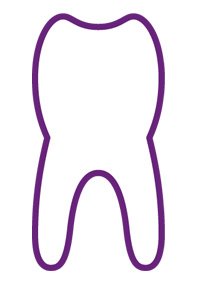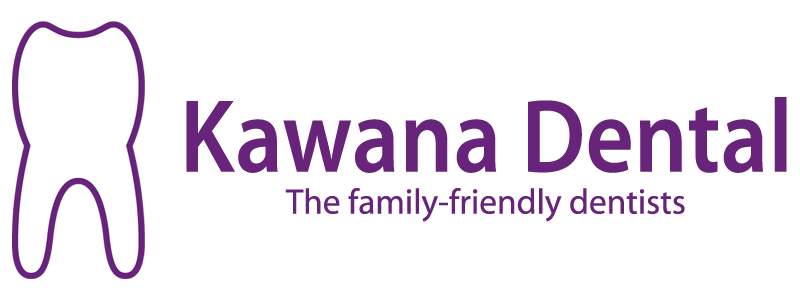20 Jul 6 reasons to straighten your teeth
1. Less Toxic Bacteria
Your mouth is the perfect breeding place for bacteria. It is warm and moist and has a consistent source of nutrients, including doughnuts, sugary drinks and pasta, to name a few. Good brushing and flossing will help to remove some of the bacteria from your teeth and gums, but you will always leave a few million behind.
Crowded teeth are a perfect environment for the harmful anaerobic bacteria. The hampered blood supply to crowded teeth, and the irregular gum tissues surrounding them, reduces the oxygen in the area and encourages bacterial growth. Straightening your teeth improves the blood flow and increases the oxygen level, which makes it harder for anaerobic bacteria to colonize your mouth.
2. Nice Smiles Make a Difference
A major study in 2007 involving more than five hundred people compared pictures of people before and after they had their teeth straightened. Across the board , they rated the people with nice smiles-defined by straight white teeth-as more attractive, intelligent , happy, successful in their career, friendly, interesting, kind, wealthy, and popular with the opposite sex.
3. Attractive Smiles Are Attractive
A really influential study about dental appearance in children appeared in the American Journal of Orthodontic. Just about everyone who saw the face with the nicest teeth rated the child as being friendly, attractive, smart, and desirable as a friend. You’ve probably already guessed that the child with the most severely maloccluded teeth was seen as less attractive, more aggressive, not as smart, and not very desirable as a friend.
4. Reduce Periodontal Disease
When your teeth are crooked and crowded, it’s hard to keep them clean even when you’re very diligent about brushing and flossing. Chances are that over time you’ll develop periodontal disease. If you have crooked teeth you’re much more likely to not only have gum disease but to have it more seriously.
5. Decrease the Risk of Heart Disease and Stroke
Cardiologists (heart doctors) have known for decades that their patients also tend to have dental problems, especially gum disease. What’s the connection? Inflammation.
While inflammation in your mouth goes on for a long time, it can lead to inflammation throughout your body- and that’s a well-known risk factor for heart disease. In particular, inflammation is associated with atherosclerosis, or arteries that are narrowed and stiff because they have layers of fatty plaque inside them. Preventing the inflammation to begin with is the best way to reduce your risk of heart disease and stroke. That means good dental hygiene, but there’s a problem. If you have some of the malocclusion problems explained your risk of gum disease is higher than usual, because you just can’t keep your teeth and gums as clean as they need to be to prevent disease.
6. Protruding Teeth
Normally, your upper front teeth should be just one to three millimeters in front of your lower front teeth. If your upper front teeth are sticking out too far, it not only looks funny, but it jeopardizes the longevity of your teeth. Protruding from your face makes your teeth far more susceptible to trauma. An overjet of just five millimeters increases the chances of fracturing your teeth due to trauma by 250%. An overjet of eight millimeters raises the risk of fracture by trauma to a whopping 1,200%. If you like your teeth, tuck them in!


